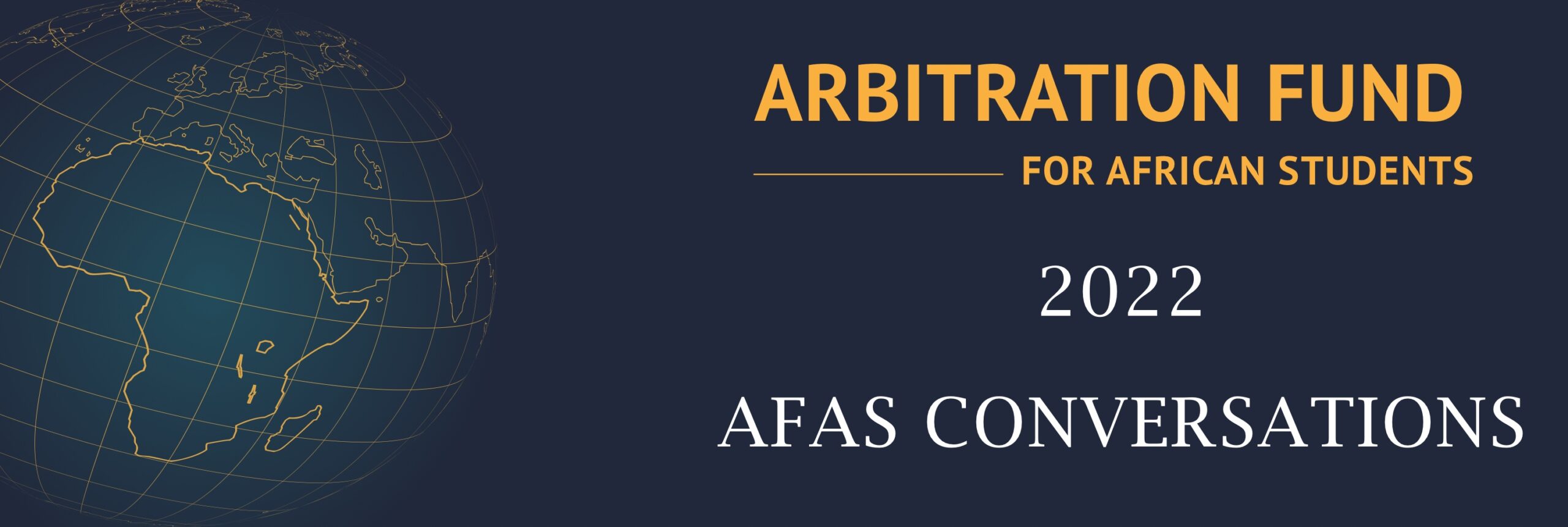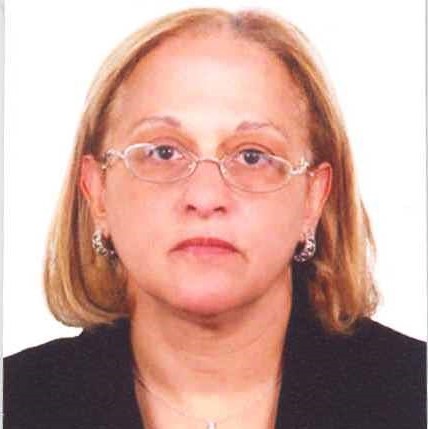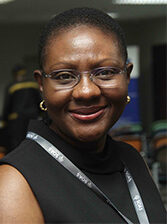
28 July: Dr Nagla Nasser, Lawyer & International Arbitrator
Dr. Nagla Nassar is Senior Partner at NassarLaw which was established in 1885. Before joining NassarLaw she was Senior partner at a leading Egyptian Law firm which she joined upon her return from the World Bank where she was with the ICSID Secretariat. She graduated from Cairo University and Trinity College where she got her M. Litt and has an LL.M from Harvard University as well as a PhD from Geneva University and the Diploma of The Hague Academy in Private International Law. She has several publications relating to arbitral practice.
She has practiced in several jurisdictions and is a member of several bars and arbitration forums including being a fellow of the Chartered Institute of Arbitrators with many years of experience both as an arbitrator and counsel in institutional and ad hoc arbitration. She acted as counsel in many major disputes in different fields ;serving both multinationals and Egyptian entities. Also, Dr. Nassar is appointed frequently as an arbitrator and has chaired many tribunals.
Summary of the conversation
Education of women is very important but education in the wider sense of culture; having solid general knowledge; and sensitive to cultural differences. She believes in continuous learning; and that for lawyers, professional qualification in at least one jurisdiction is massively important. She agrees that we need to mentor women; and they need determination and perseverance, patience, exposure; to read and know what is happening in arbitration; attend short courses; conferences; clerk or act as intern. If money is the focus for any new entrant, then they should consider doing something else. In her view, arbitration is not missold to students but the practical side of arbitration is not experienced by students; so we may need to include a clinical aspect to our teaching. She warned students not to get their ideas about any profession from TV series and conferences.
We acknowledge Dr Nagla Nassar’s support of our work through her support of our internship program which is quite expensive for law firms. She notes that it is for the older generation to give back and for the younger generation to lower their expectation and to set their priorities right and decide the path to follow.
On getting into arbitration, she notes that there is no one road, and encouraged new entrants to practice in other fields of the law to get a feel for the area of the law that sits well with them; and to learn about arbitration even while they are in another job. She shared some of her war stories as counsel and as arbitrator.
On the future of African arbitration, she is very optimistic that arbitration will catch on and the engagement of women will depend on how we push, and we must continue the pressure. We need to collaborate more and use technology more. Learn to manage our time well if we plan to succeed.
Professor Onyema thanked Dr Nassar for all her support of our work and the thoughts she has shared with us today.


